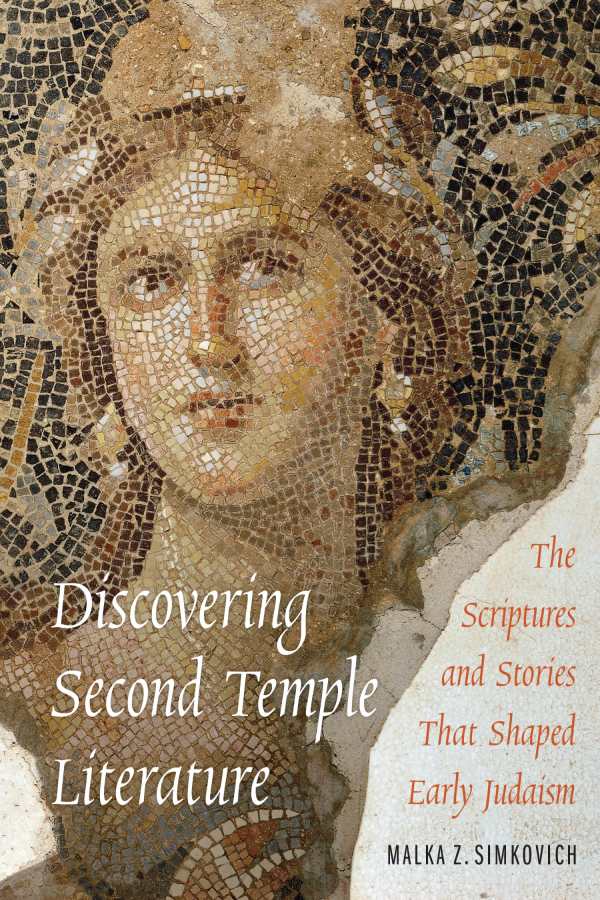Discovering Second Temple Literature
The Scriptures and Stories That Shaped Early Judaism
In her introduction to Discovering Second Temple Literature, Malka Z. Simkovich describes the book’s subject matter as a considerable blind spot in the study of Jewish history.
Beginning with the Tanakh’s conclusion and ending around the time that the Mishnah and New Testament appear, the Second Temple period encompasses the lifespan of the namesake temple in Jerusalem, from the return of the exiled Jewish population to Judea around 539 BCE to the temple’s destruction in 70 CE. The book’s first part describes the modern discovery of different vital sources on the period, such as the Dead Sea Scrolls. The second paints a picture of what life was like in Judea during this time, giving context for the worldview of the people who would be influenced by the literature in question. The third lays out the different philosophies of the writers of these texts, and the fourth explains the texts themselves.
The Second Temple era involved heavy rewriting of older Bible stories to address the concerns of the time, and this historical context brings these narratives to new light. The book dedicated to the prophet Daniel, for example, became its familiar form during this period, and its themes of exile and return illuminate popular anxieties of the time.
In addition to its thorough overview, the book is written in an erudite but comprehensive manner that is accessible to the non-academic reader. Numerous endnotes cite many other sources for potential further research.
Well-designed to act either as a complete summary of the Second Temple corpus or as the first step into a larger world of study, Discovering Second Temple Literature makes its eponymous works fascinating.
Reviewed by
Daniel Schindel
Disclosure: This article is not an endorsement, but a review. The publisher of this book provided free copies of the book to have their book reviewed by a professional reviewer. No fee was paid by the publisher for this review. Foreword Reviews only recommends books that we love. Foreword Magazine, Inc. is disclosing this in accordance with the Federal Trade Commission’s 16 CFR, Part 255.

